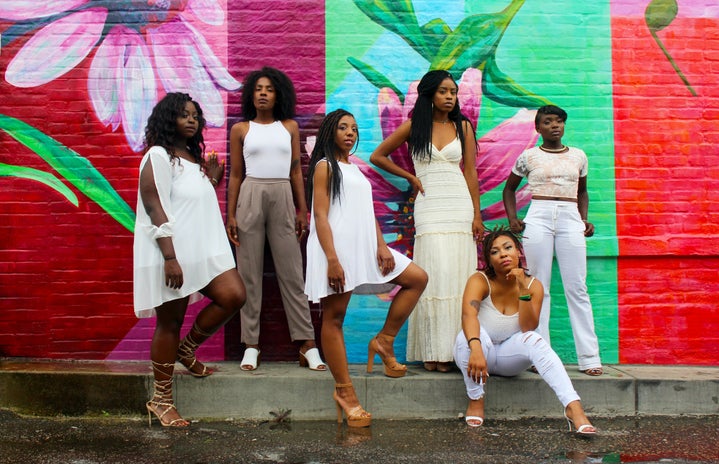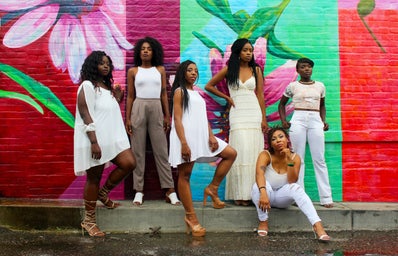Colorism is the discrimination within people who share the same ethnic group because of the complexion of their skin. This form of discrimination is very present within the African American community and stems from both the history and effects of slavery. Slaves were assigned roles on the plantation according to their skin complexion, with lighter skin toned slaves inside their owner’s house doing domestic chores, while darker skin toned slaves were placed outside to do more gruesome tasks. Shortly after the emancipation of African Americans in society, African Americans were subjected to take the “paper bag test” in order to make sure their skin tones weren’t darker than the bags held against their skin. Although the world has evolved, the effects of history on colorism continue to be a prominent issue in our society.
Growing up as a young African American woman from a Jamaican family, colorism was always the elephant in the room that no one addressed due to how normal it was in our culture. Skin bleaching is a trend that has managed to dominate most of the Caribbean, and throughout the majority of my youth, I was exposed to the idea of colorism at a young age. My mother had always reassured me how beautiful my dark skin was, but as I continued to grow up, I questioned whether this was true. Hearing common phrases such as, “You’re really pretty for a dark-skinned girl”, or the saying, “If you’re light you’re alright, if you’re brown stick around, and if you’re black get back”, had led me to believe that my complexion still wasn’t accepted in such an evolving society. As I started to get older, I was able to take some time to reflect on all my experiences. My advice to anyone who is currently struggling with colorism is to always recognize that colorism is the spawn of racism. Colorism comes in many forms, whether it’s skin tone bias in the workforce, or misrepresentation of dark-skinned people in magazines. An episode that premiered on the hit TV sitcom Black-ish, illustrated how colorism affects one of the youngest characters on the show who is portrayed by Marsai Martin. The lack of information that an individual may not know about the history of colorism is a clear display of ignorance, and if we’re not informed, this issue will continue to spread like wildfire. Many individuals of color, such as myself, tend to endure this critical form of discrimination within their communities, but one thing that we should all remember is that beauty comes in different forms, and the complexion of your skin won’t ever change that!


